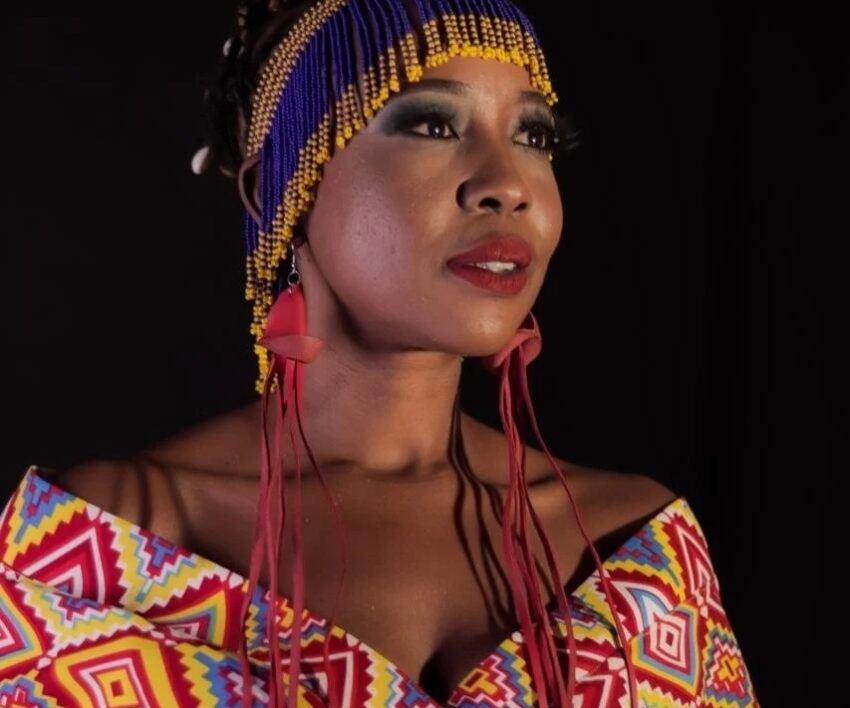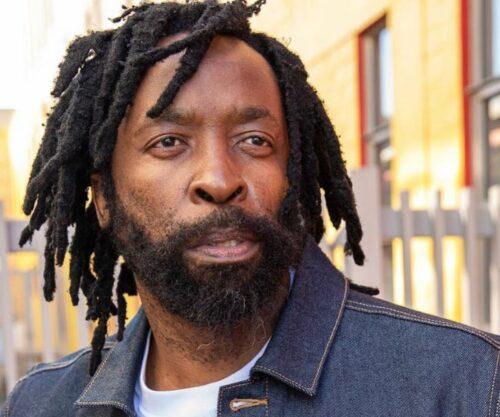
A Botanical Theory From A Public Figure
In a recent episode of the podcast The Hustler’s Corner hosted by DJ Sbu, South African poet and commentator Ntsiki Mazwai offered a provocative perspective on women’s menstrual blood. She suggested it could hold fertility for the soil, stating that in ancient times, women gave birth and tilled land, and that when menstrual blood touched the earth, it helped plants grow stronger. She even encouraged women to try mixing it with water and using it for their vegetable gardens.
The Social Media Reaction Was Immediate
Once the podcast clip hit social platforms, reactions flooded in. Some users nodded in agreement, suggesting that menstruation, after all, is part of nature and has been linked to fertility in various traditional practices. Others baulked at the statement, labelling it witchcraft, ludicrous, or simply “too far.” For example, one person tweeted, “Ntsiki is starting her cult,” while another warned, “That’s low-level witchcraft.” Meanwhile, supporters pointed out that many indigenous cultures regard menstrual blood differently from the Western taboo.
Cultural Roots: Why the Comment Resonates and Rattles
In South Africa, conversations around menstruation carry both cultural weight and silence. Despite being a routine biological process, periods are often shrouded in stigma, whisper-talk and old beliefs. Many communities have traditional taboos or symbolic interpretations. So when Mazwai brings this idea into a national podcast, it intersects with history, culture and contemporary feminist thought: is she reclaiming a power hidden away or pushing a fringe theory?
A Fresh Angle: Fertility of Land and Body
What’s compelling here isn’t just the headline-grabbing claim—it’s the connection between body and soil. South Africa has long-standing ties to the land, from the communal gardens of townships to the ancient agricultural practices of rural areas. Mazwai’s suggestion that the “woman’s body” and “the earth” share a cycle invites us to think of fertility holistically: human, botanical, and spiritual. Whether or not you believe it literally, the metaphor is rich.
Ntsiki Mazwai says period blood nourishes the earth, makes the plants even bigger, & the harvest much more?😳😳
The poet also urges women to try it at home, mix their period blood with water and irrigate their vegetables… 😃
Thank you, Ausi Ntsiki. pic.twitter.com/q4yOcovqvB
— YaseBlock B 🇸🇿 (@ThisIsColbert) October 20, 2025
Why It Matters Beyond the Soundbite
This discussion offers more than shock value. It raises questions about how we talk about women’s bodies, how indigenous knowledge is valued (or dismissed), and how social media amplifies—and often simplifies—complex cultural ideas. For many young South Africans navigating identity, body image, and heritage, moments like this provoke reflection: where do I stand? What do I believe? How do I connect to land and history?
More Than A Podcast Moment
At the end of the day, this isn’t just about planting a vegetable garden. It’s about the power of words, the interplay between culture and science, and how we handle claims that challenge mainstream understanding. Whether you view Mazwai’s remark as visionary, theatrical, or simply odd, she’s stirred something important: a public reckoning with body, belief, and the earth beneath our feet.
Source: Briefly News
Featured Image: News24




